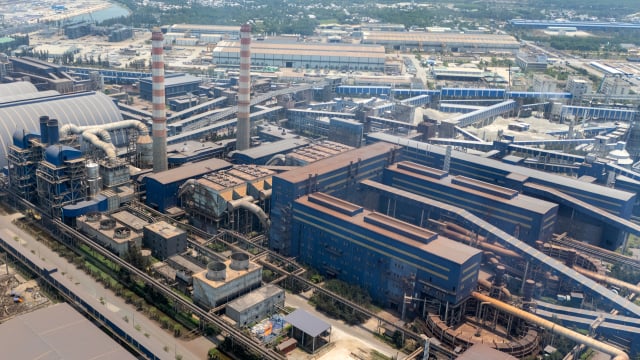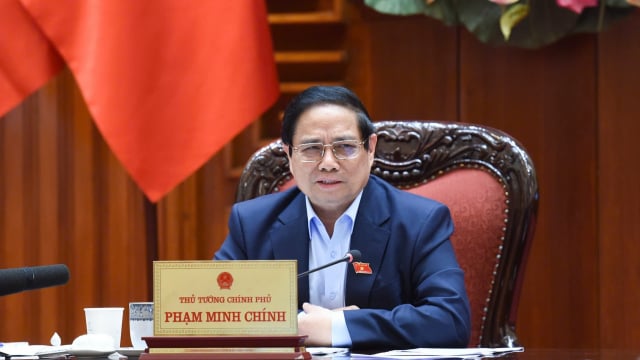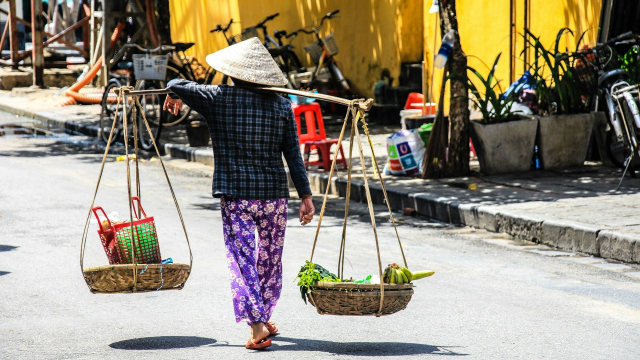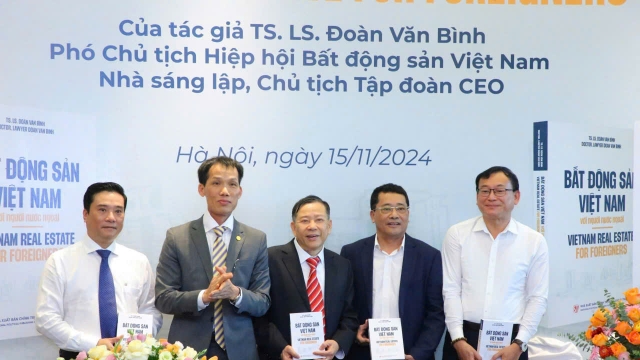National Focus
Deputy Prime Minister asks Khanh Hoa to complete the plan for Bac Van Phong SEZ
The Office of the Government has recently concluded the working session of Deputy Prime Minister Truong Hoa Binh with the leaders of KhanhHoa province on the establishment of the Bac Van Phong special administrative-economic zone (SEZ).

Up to this point, the plan to establish the Bac Van Phong SEZ in Khanh Hoa province has been formulated.
However, the plan still lacks an assessment report on the impact of the project in such aspects as population size, population distribution, government structure, socio-economic development, management of natural resources, environment, security and defense in the locality.
Deputy Prime Minister Truong Hoa Binh requested Khanh Hoa Province to continue supplementing and finalizing the plan in order to clarify the need for establishing the Bac Van Phong SEZ.
In addition, the province must show the situation and development direction of the Bac Van Phong SEZ with the expansion plan for the entire area of Van Ninh district. The project plan must highlight the comparative advantages of Bac Van Phong SEZ with Van Don SEZ in Quang Ninh province and Phu Quoc SEZ in Kien Giang province. Also, the plan must include the analysis and assessment of advantages and inadequacies in the selection of plans for the establishment of the SEZ.
Khanh Hoa province also needs to clarify its orientation and general objectives by sectors; identify the model of local government and the plan on rearranging the organizational apparatus; It also needs to promptly complete the planning, paying special attention to the settlement of population distribution, environmental protection, strict management of land, and defense and security work for the smooth implementation of the project.
The Deputy Prime Minister agreed on the policy of the province in completing the project on the entire natural area and population of Van Ninh district. At the same time, he agreed on the principle of seeking and selecting strategic investors which must be in line with the planning and development orientation of Bac Van Phong SEZ.
The plan to establish Bac Van Phong SEZ on the basis of the entire natural area and population of Van Ninh district was approved by the Khanh Hoa People's Council in early December 2017.
The plan clearly stated that Van Phong Bay in general and Bac Van Phong area, in particular, have a geo-economic position, which is important for the country and the region, conquering all favorable conditions to develop into a gateway area to the East Sea of Vietnam and the Indochinese Peninsula.
Khanh Hoa approves plan to develop Bac Van Phong SEZ
Resolution 68: A turning point in Vietnam's private sector policy
As Vietnam sets its sights on becoming a high-income country by 2045, Resolution 68 lays a crucial foundation. But turning vision into reality requires not only good policy - but also unwavering execution, mutual trust and national unity.
Vietnam plans upgrade of Gia Binh airport to dual-use international hub
Vietnam plans to upgrade Gia Binh Airport in Bac Ninh province into a dual-use international airport to support both military and civilian operations, the government said on Friday.
Lives under the scorching sun: Outdoor workers racing against climate change
Under unforgiving conditions, the outdoor workers - the backbone of urban economies - endure the harshest impacts of climate change while remaining overlooked by social safety nets. Their resilience and struggles highlight the urgent need for better protection in the face of rising temperatures and precarious livelihoods.
CEO Group chairman unveils guide to Vietnam real estate for foreigners
Doan Van Binh, Chairman of CEO Group and Vice President of the Vietnam National Real Estate Association, introduced his latest book, “Vietnam Real Estate for Foreigners,” at a launch event in Hanoi on Friday.
Women leading the charge in Vietnam's green transition
Acting for increased women’s participation and leadership in climate action, Vietnam can accelerate a transition that is more inclusive, just, and impactful.
Steam for girls: A journey of passionate and creative girls
The "Steam for girls 2024" competition provides a creative platform for Steam and an opportunity for students to connect with peers from various regions within Vietnam and internationally.










































